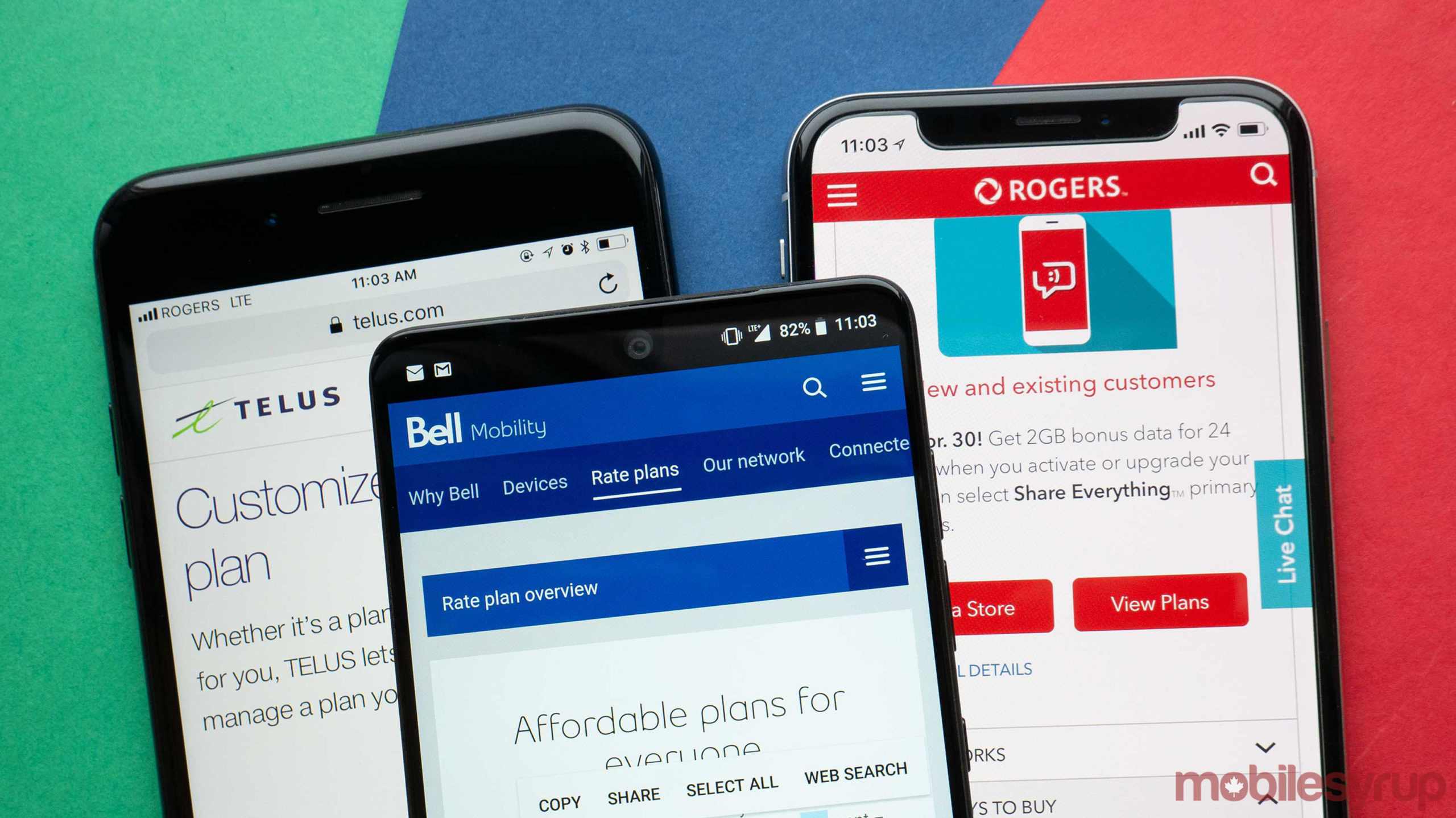
Canadian carriers reflected on how COVID-19 is impacting sales and operations at the annual TD Securities Telecom & Media conference on May 27th.
The carriers have likely been experiencing significant changes, including a drop in roaming revenue due to limited travel, decreases in internet overage fee collections after waiving data caps, and fewer sales due to the closure of several of their retail locations.
During the conference, Rogers CEO Joe Natale stated phone sales have been “very quiet” amid the pandemic and that they probably won’t pick up until customers start shopping at retail locations again. Natale also noted that there is an increase in customers looking to switch to cheaper wireless plans.
“We’re starting to see an increase in the number of calls to talk about bill payments, and people calling to understand what flexibility they might have and I think we’ll see that increase as unemployment rises,” he stated during the conference.
To deal with the impact of the virus, the carriers are implementing new measures to cut back on costs. For instance, Telus has drawn up plans to reduce its costs by around $250 million.
The carrier will do this by pausing hiring and salary increases, while also reworking its marketing strategy. Telus CFO Doug French stated that the company started implementing changes as soon as it started to feel the impacts of the pandemic.
Further, although Rogers didn’t detail this at the conference, MobileSyrup has learned that the carrier recently implemented a flexible workweek for its employees that offers reduced work hours with a pay cut. Eligible employees can reduce their work hours to 80 percent, 60 percent, or take the summer off while taking a proportionate pay cut. This new program will likely help Rogers cut back on its spending and make up some lost revenue.
Meanwhile, Bell has chosen to no longer offer its customers phone subsidies. Bell CEO Mirko Bibic stated during the conference that it allows the carrier “to manage high subsidy costs, as handsets were getting more expensive.”
The carriers are likely also saving some spending costs by introducing self-installation programs for customers to set up their new devices or services without having to interact with a technician. For instance, all three national carriers (Bell, Telus and Rogers) have launched their own versions of programs that allow for no-contact deliveries. However, if customers do require assistance, they can receive help from a technician from a distance or virtually.
Despite the challenges, the carriers noted that their networks are keeping up with the added demand and usage amid the pandemic. Further, Natale noted that the carriers’ performance could lead to increased trust in the telecom sector ahead of key regulatory matters.
For context, earlier this year, the Big Three outlined their arguments against mandating MVNOs (mobile virtual network operators), stating that the wireless market is already competitive and that it could lead to a decrease in investments.
“We’ve put a great argument forward, and we’ll see when that comes out and how it comes out. But the trust has never been better, and that’s always a good thing,” Natale stated.
Similarly, Bibic noted that the telecom sector can’t risk a ruling that would hurt investments and that he believes “policy makers and regulators are seeing that.”
With no current end in sight for the COVID-19 pandemic, we may see the carriers implement more measures to detail with the impacts.
Source: Rogers, Bell, Telus, The Globe and Mail, The Canadian Press


